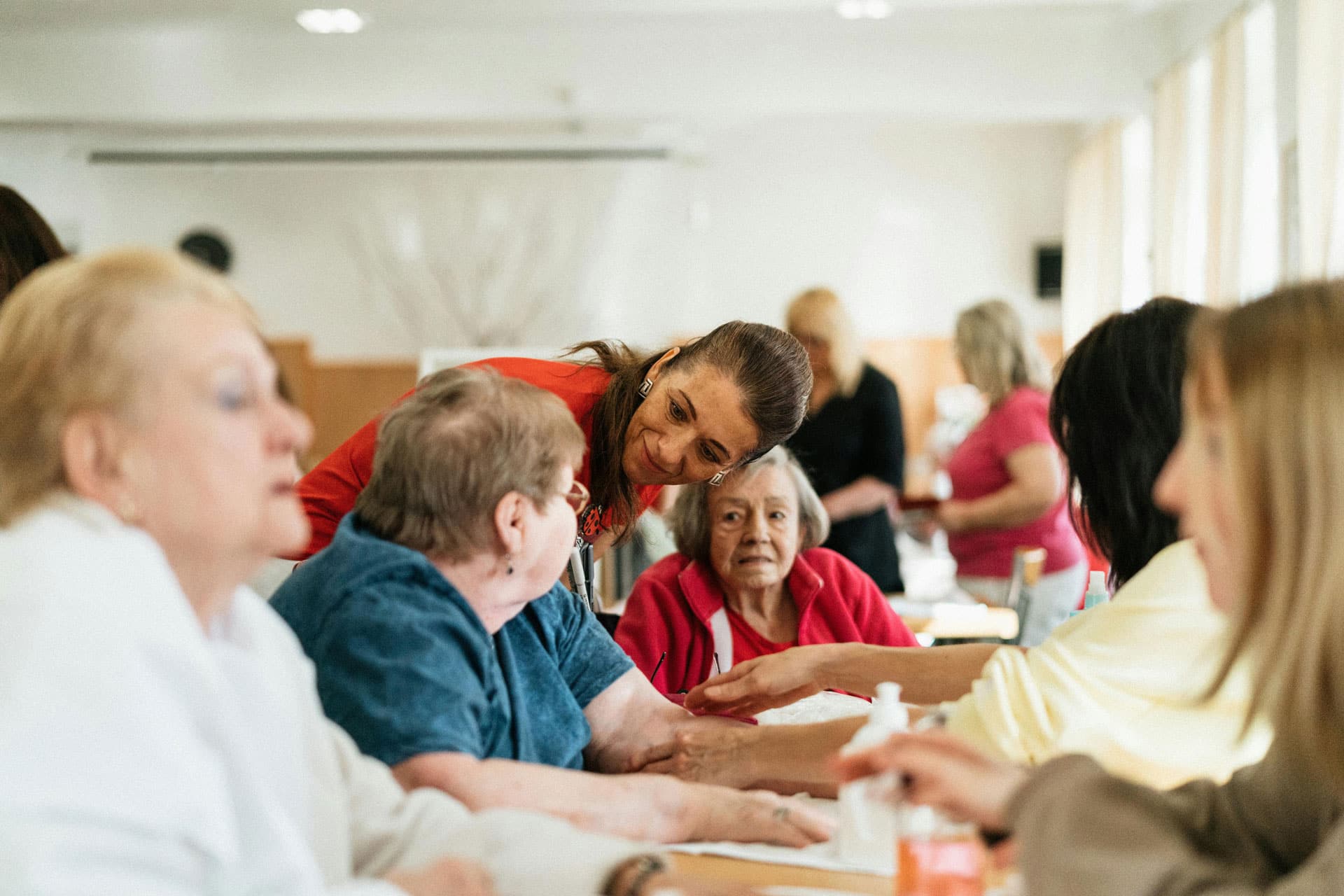At Martin Law Office, we understand that placing a loved one in a nursing home is a difficult decision. You trust these facilities to provide compassionate care, ensuring your family member is safe and comfortable. Unfortunately, nursing home injuries are more common than many realize, and in some cases, they result from neglect or abuse. If your loved one has suffered an injury in a nursing home, it’s crucial to know your legal rights.
Falls are the leading cause of injury among nursing home residents. Many elderly individuals have mobility issues, and without proper supervision or assistive devices, they are at high risk of falling. Slippery floors, poor lighting, or lack of handrails can contribute to these accidents. Falls often lead to severe injuries such as hip fractures, head trauma, or broken bones, which can significantly impact a resident’s health and quality of life.
Nursing homes are responsible for implementing fall prevention measures, including adequate staff supervision, proper training, and the use of assistive devices such as walkers and grab bars. If a nursing home fails to take these precautions, they may be held liable for negligence.
Bedsores develop when a resident remains in one position for too long without being moved. These painful ulcers are a clear sign of neglect, as proper care includes regular repositioning, adequate nutrition, and hygiene. If left untreated, bedsores can become infected and lead to life-threatening complications.
Pressure ulcers are entirely preventable with the right care. Nursing home staff should monitor residents who are immobile, provide cushioning or pressure-relieving mattresses, and ensure proper skin care. If your loved one has developed bedsores, it may be due to inadequate care or neglect.
Medication mistakes—such as incorrect dosages, missed doses, or administering the wrong medication—can have serious consequences. Many nursing home residents rely on daily medications for chronic conditions, and any error can lead to severe health complications or even fatal reactions.
Errors in medication administration often stem from understaffing, lack of proper training, or failure to follow protocols. If you suspect that your loved one has suffered due to a medication mistake, legal action may be necessary to hold the facility accountable.
Proper nutrition and hydration are essential for elderly residents, yet some suffer from malnutrition and dehydration due to staff neglect. Warning signs include sudden weight loss, fatigue, confusion, and weakened immune systems. A lack of proper dietary care can lead to severe health deterioration.
Residents who struggle to eat or drink on their own require assistance from nursing home staff. Inadequate staffing or neglect can result in residents not receiving the necessary food and hydration. If a nursing home is failing to meet these basic needs, it may be held responsible for negligence.
Nursing home residents are more susceptible to infections, including urinary tract infections (UTIs), respiratory infections, and sepsis. Poor hygiene, unsanitary conditions, and inadequate medical care often contribute to these issues. If infections are not properly treated, they can lead to severe health complications.
Proper hygiene protocols, regular medical checkups, and prompt treatment of infections are essential in nursing home facilities. If an infection occurs due to neglect or poor sanitation, legal action may be necessary to protect your loved one’s health and well-being.
Sadly, some nursing home residents suffer from physical abuse, such as bruising, fractures, or unexplained injuries. Emotional abuse—including verbal threats, isolation, or intimidation—can be just as harmful. If your loved one seems withdrawn, fearful, or anxious, these may be red flags indicating mistreatment.
Abuse in nursing homes is unacceptable. If you notice signs of abuse, it’s essential to report the issue immediately and seek legal representation. Nursing home staff and administrators must be held accountable for any harm inflicted on vulnerable residents.
If you suspect your loved one has suffered an injury due to nursing home neglect or abuse, take immediate action:
Nursing home residents have legal rights that protect them from abuse, neglect, and substandard care. The Nursing Home Reform Act establishes residents’ rights, including the right to be free from abuse, the right to participate in care decisions, and the right to privacy and dignity.
If a nursing home violates these rights, families can take legal action to ensure their loved ones receive the care and respect they deserve. At Martin Law Office, we fight to protect these rights and hold negligent facilities accountable.
No family should have to worry about the safety of their loved one in a nursing home. If you believe negligence or abuse has led to an injury, Martin Law Office is here to help. Our experienced nursing home injury attorneys will fight for your loved one’s rights and work to hold negligent facilities accountable. Contact us today by calling 414.856.4010 for a free case consultation.
